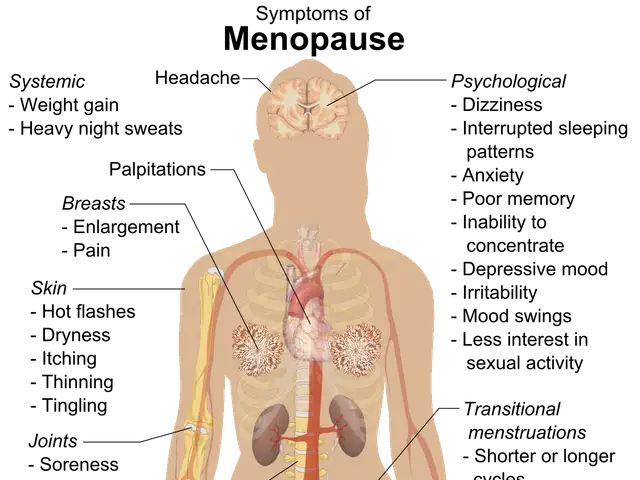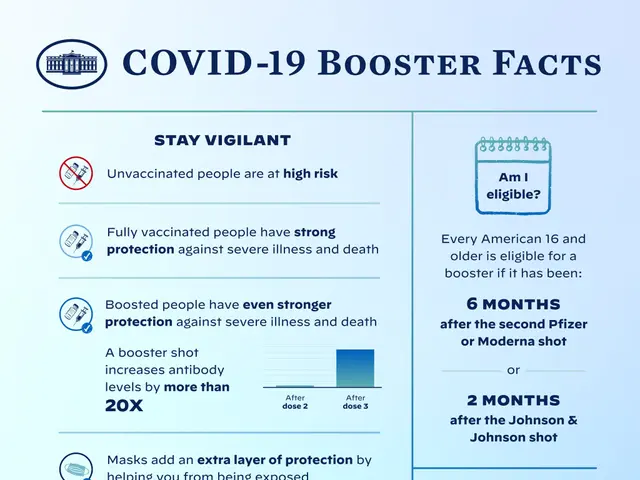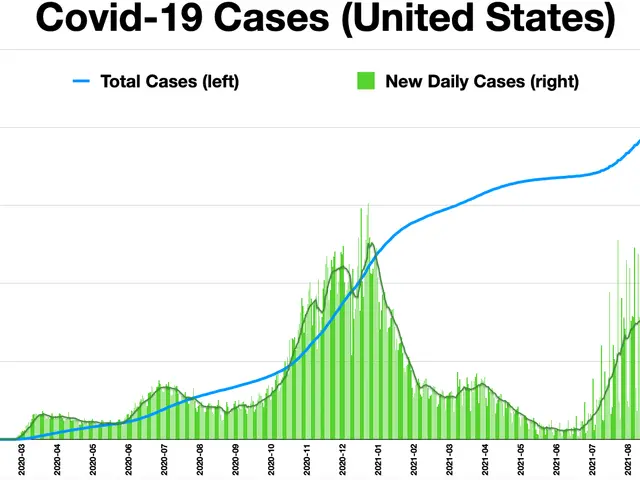Antipsychotics’ hidden cost: How mental health drugs trigger weight gain
Antipsychotic medications play a crucial role in treating serious mental health conditions like schizophrenia, psychosis, and bipolar disorder. However, these drugs often come with a well-known side effect: weight gain. For some patients, this risk can become a barrier to continuing essential treatment.
Weight gain linked to antipsychotics happens because these drugs alter appetite, reduce feelings of fullness, and disrupt metabolism. Over time, the extra weight can lead to further health problems, including cardiovascular disease, high blood pressure, and high cholesterol. While the risk is present for all age groups, children may face an even higher likelihood of gaining weight and developing insulin resistance.
Patients and doctors must balance the proven benefits of antipsychotics with the need to minimise side effects. Lifestyle adjustments and careful medication choices can help reduce weight gain without compromising treatment. For many, these drugs remain vital in managing severe mental health conditions effectively.







